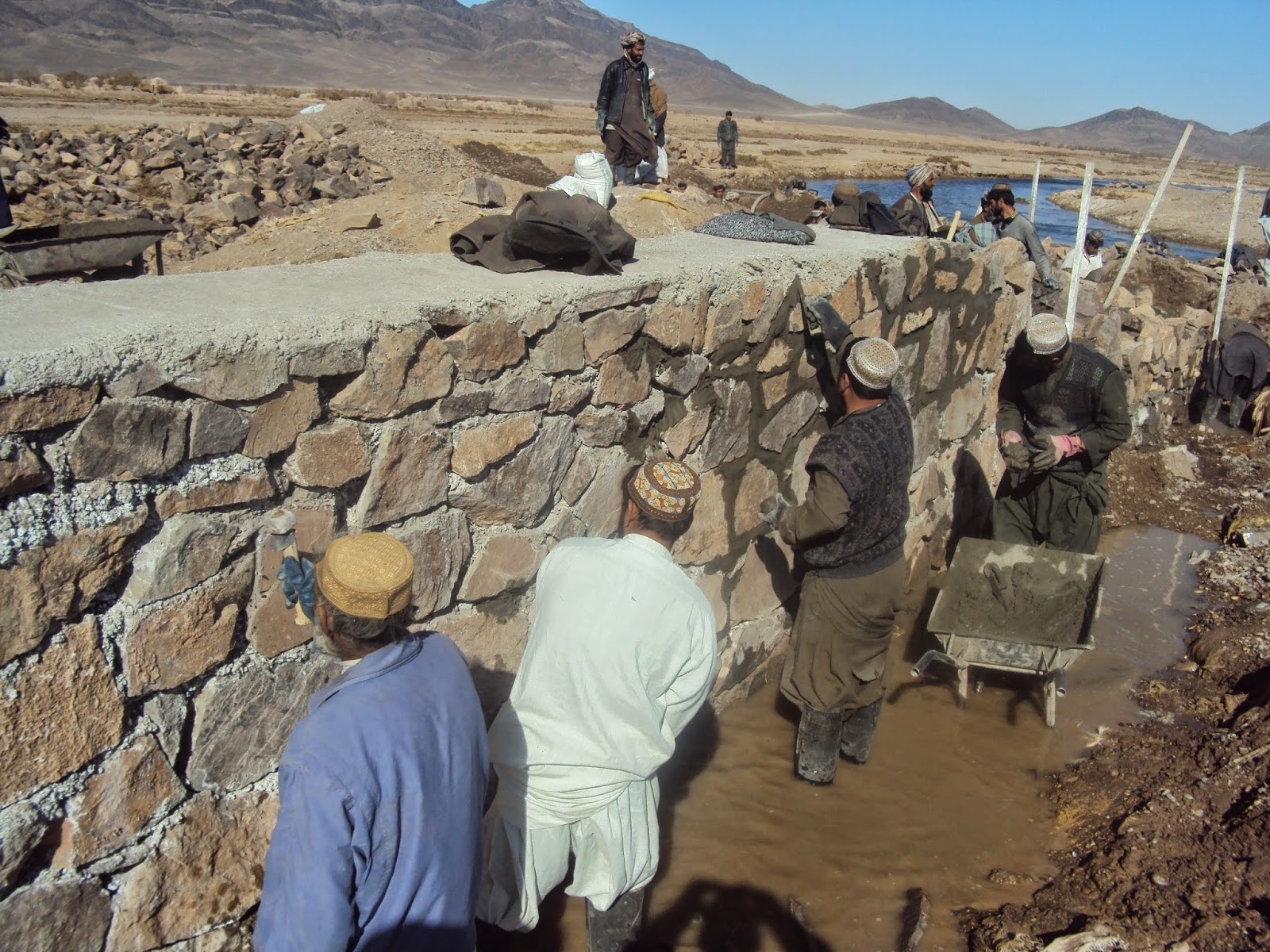Over the past three decades the world has witnessed constant strife, war and violence in Afghanistan, the consequences of which we witness daily on our TV screens (when there is news about Afghanistan). News out of Afghanistan seems to always be about a corrupt government and violent insurgents who are vying for the support (by force or by choice) of a people who are caught in between unsure about their future and short on hope.
Despite the good intentions of the international community,
the effort to develop Afghanistan and rebuild it has fallen short. Billions
have come to Afghanistan and been squandered away through waste, corruption and
apathy. Leaving many, both Afghan and non-Afghans, to ponder whether there is
something fundamentally wrong with this ancient land.
There is little fate that Afghanistan will become the
country the international community tried so hard to help it to be. This comes
after the sacrifice of blood and treasure spend over a decade.
Myriads of writers and analysts have documented the waste of
resources in Afghanistan which has lead to corruption of government, fueling of
the insurgency and frustration of its citizens.
Against this bleak background, the question that many are
asking is, “Will Afghanistan ever recover and more important is it worth our
continued support?”
Since of the start of Operation Enduring Freedom in 2001,
steady progress has been made in terms of health, education and infrastructure.
If compared to the dark days of the Taliban, we can consider development in
Afghanistan a success but if we compare development in accordance to the money
and expertise spend to improve the Afghan lives then a
fair assessment is that we have fallen short.
Why have we fallen short?
Simply put development in Afghanistan has been ineffective
because the average Afghan citizen has not been involved in the process. Development programming focused on two parts
of the Afghan reality, namely the government elites and the insurgents.
Development programs has been used to bolster the government and weakened the
insurgency. This approached has not succeeded since the money usually ends up
in the pockets of government and government-related elites or in the hands of
insurgents who use it to support their anti-government activities. Development
money has in fact become the fuel to fan instability in Afghanistan. While the
two groups vie for the resources, caught in the middle are average men, women
and children of Afghanistan, who either have to join the corrupt ways of the
government or join in the violence of the insurgence.
After the Talibans fell many Afghans believed that with a
new government and the commitment from the international community their
country would see an era of peace and growth, an era which they would see
changes in their lives and their communities. Many are still waiting.
But as we look to the end of this decade,
there is still a chance to get it right. Focusing on the rural communities
where majority of Afghans live and developing them would go a long way to bring
the promise of a better life to the most neglected of Afghan communities, and
using classic grassroots efforts make a long-term change in this long-suffering
nation. Lets not abandon Afghanistan, remember the admonishment of the great Afghan poet, Rahman Baba;
Make your path straight now, by the bright light of day;
For pitch darkness will come without warning!
Now is the time...
Make your path straight now, by the bright light of day;
For pitch darkness will come without warning!
Now is the time...












.JPG)





.JPG)